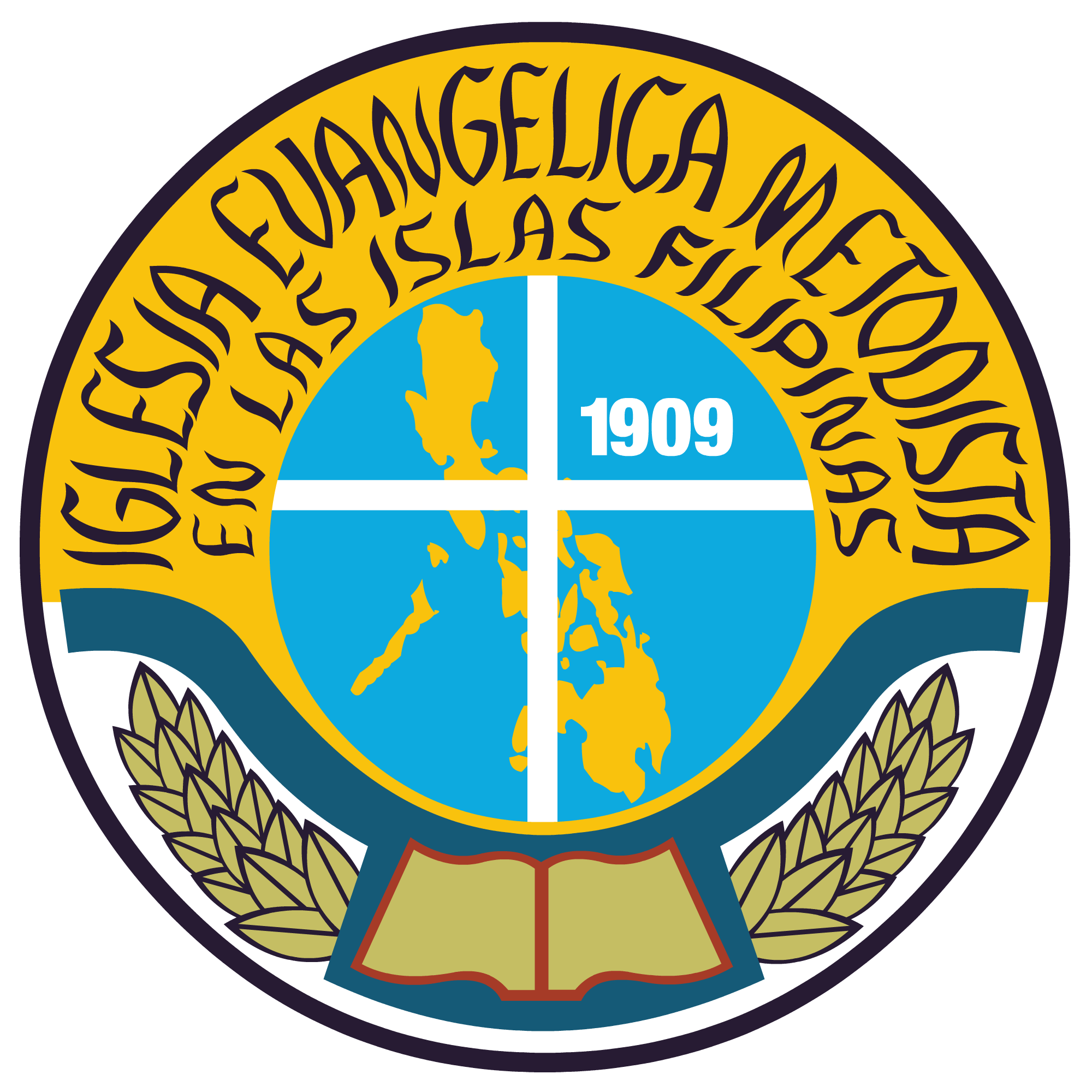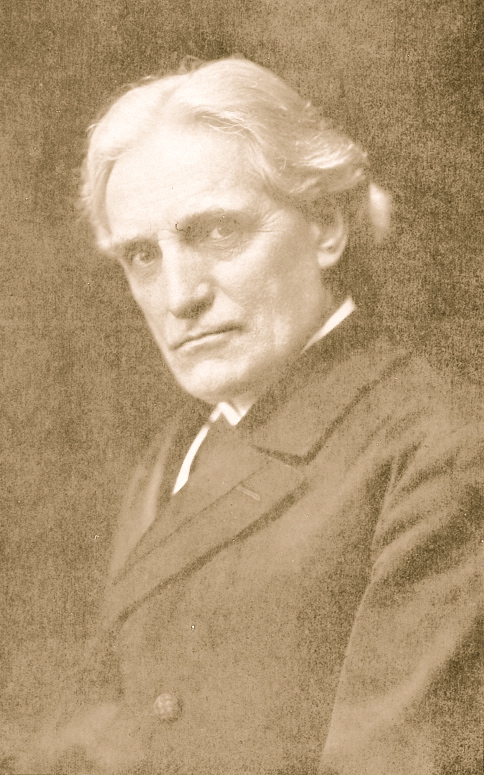|
National Council Of Churches In The Philippines
The National Council of Churches in the Philippines (NCCP; tl, Sangguniáng Pambansâ ng mga Simbahan sa Pilipinas) is a fellowship of ten Protestant and non Roman Catholic Churches in the Philippines denominations, and ten service-oriented organizations in the Philippines. A member of the World Council of Churches and the Christian Conference of Asia, the NCCP represents close to twelve million Protestant adherents. Advocacy for environmental protection and against large-scale mining are part of its core mission. Christian organizations other than churches may be received as associate members. History and structure The NCCP was established in 1963. Its forerunners include the Philippine Federation of Christian Churches in 1949; the Philippine Federation of Evangelical Churches in 1939; the National Christian Council in 1929; the Evangelical Union in 1901; and the Missionary Alliance in 1900. It is currently organised in ten regional ecumenical councils: * Cordillera * Cagayan ... [...More Info...] [...Related Items...] OR: [Wikipedia] [Google] [Baidu] |
Evangelical Methodist Church In The Philippine Islands
The Evangelical Methodist Church in the Philippine Islands ( es, Iglesia Evangelica Metodista en las Islas Filipinas) is a Methodist Christian denomination. Founded on 28 February 1909 by Bishop Nicolás Zamora, it is recognised in the Philippines as the first indigenous Evangelical Protestant denomination. History Behind the founding of the IEMELIF were Filipino nationalist and subsequent independence movements that blossomed in the late 19th century. Filipinos wanted full autonomy in all spheres including religion, as three centuries of Spanish rule were marked by the Catholic Church's near-absolute control over the colony's temporal and spiritual affairs. When the United States of America colonised the islands in 1898, they introduced Protestantism, which they propagated together with early Filipino evangelists. The Insular Government, in contrast to the Spanish employment of the Catholic Church (by then disestablished as the state church), had a policy of religious tolerance ... [...More Info...] [...Related Items...] OR: [Wikipedia] [Google] [Baidu] |
National Telecommunications Commission
The National Telecommunications Commission (NTC; fil, Pambansang Komisyon sa Telekomunikasyon) is an attached agency of the Department of Information and Communications Technology responsible for the supervision, adjudication and control over all telecommunications services and television and radio networks throughout the Philippines. History The National Telecommunications Commission (NTC) was created under Executive Order No. 546 promulgated on July 23, 1979, and conferred with regulatory and quasi-judicial functions taken over from the Board of Communications and the Telecommunications Control Bureau, which were abolished in the same Order. Primarily, the NTC is the sole body that exercises jurisdiction over the supervision, adjudication and control over all telecommunications services and television networks throughout the country. For the effective enforcement of this responsibility, it adopts and promotes guidelines, rules, and regulations on the establishment, operation ... [...More Info...] [...Related Items...] OR: [Wikipedia] [Google] [Baidu] |
Student Christian Movement Of The Philippines
The Student Christian Movement of the Philippines (SCMP) is a youth ecumenical national democratic mass organization in the Philippines. It aims to uphold students rights and participates in numerous local and worldwide peoples' advocacies. As with other SCMs around the world, SCMP is a member of the World Student Christian Federation. In the Philippines, it is an associate member of the National Council of Churches in the Philippines (NCCP) and Kalipunan ng Kristiyanong Kabataan sa Pilipinas (KKKP). It is also a member and a founding organization of Kabataan Partylist. Orientation SCMP is a national-democratic ecumenical mass organization of Christian students in the Philippines. As Christians, they believe that faith alone cannot solve structural problems in the Philippines, and poverty and injustice must also be solved through action, programs, and a national-democratic alternative. Economically, the group believes in establishing genuine agrarian reform, then national indust ... [...More Info...] [...Related Items...] OR: [Wikipedia] [Google] [Baidu] |
Philippines Central Conference (United Methodist Church)
The Philippines Central Conference of the United Methodist Church (Filipino: ''Kumperensyang Sentral ng Pilipinas'') is a collection of annual conferences of the United Methodist Church in the Philippines that are organised much like juridictonal conferences in the United States. The Philippines Central Conference is considered a member church of the World Methodist Council, and a "Central Conference" of the world-wide United Methodist Church. It is also a member of the Christian Conference of Asia and the National Council of Churches in the Philippines as The United Methodist Church in the Philippines, representing the denomination as its Philippine counterpart. The Philippines Central Conference is further subdivided into twenty-two (22) regions, called annual conferences, under the authorities of three episcopal areas. These annual conferences are subdivided into "districts," which provide further administrative functions for the operation of local churches in cooperation wit ... [...More Info...] [...Related Items...] OR: [Wikipedia] [Google] [Baidu] |
Holiness Movement
The Holiness movement is a Christian movement that emerged chiefly within 19th-century Methodism, and to a lesser extent other traditions such as Quakerism, Anabaptism, and Restorationism. The movement is historically distinguished by its emphasis on the doctrine of a second work of grace, generally called entire sanctification or Christian perfection and by the belief that the Christian life should be free of sin. For the Holiness Movement "the term 'perfection' signifies completeness of Christian character; its freedom from all sin, and possession of all the graces of the Spirit, complete in kind." A number of evangelical Christian denominations, parachurch organizations, and movements emphasize those beliefs as central doctrine. Beliefs Entire Sanctification The Holiness Movement believes that the "second work of grace" (or "second blessing") refers to a personal experience subsequent to regeneration, in which the believer is cleansed from original sin. It was actually ... [...More Info...] [...Related Items...] OR: [Wikipedia] [Google] [Baidu] |
The Salvation Army
The Salvation Army (TSA) is a Protestant church and an international charitable organisation headquartered in London, England. The organisation reports a worldwide membership of over 1.7million, comprising soldiers, officers and adherents collectively known as Salvationists. Its founders sought to bring salvation to the poor, destitute, and hungry by meeting both their "physical and spiritual needs". It is present in 133 countries, running charity shops, operating shelters for the homeless and disaster relief, and humanitarian aid to developing countries. The theology of the Salvation Army is derived from Methodism, although it is distinctive in institution and practice. A distinctive characteristic of the Salvation Army is its use of titles derived from military ranks, such as "lieutenant" or "major". It does not celebrate the rites of Baptism and Holy Communion. However, the Army's doctrine is otherwise typical of holiness churches in the Wesleyan–Arminian tradition. T ... [...More Info...] [...Related Items...] OR: [Wikipedia] [Google] [Baidu] |
Crest Of The Salvation Army
Crest or CREST may refer to: Buildings *The Crest (Huntington, New York), a historic house in Suffolk County, New York *"The Crest", an alternate name for 63 Wall Street, in Manhattan, New York *Crest Castle (Château Du Crest), Jussy, Switzerland *Crest House, a building, now in ruins, at the summit of Mount Evans in Colorado *Crest Theatre, a historic theatre in downtown Sacramento, California *Crest Theatre, formerly Majestic Crest Theatre, Los Angeles, California *Crest Theatre, in Old School Square, Delray Beach, Florida Business or commerce *Crest (toothpaste), a brand of toothpaste *Crest Audio, an American manufacturer of power amplifiers and mixing consoles *Crest Animation Productions, an animation studio in Burbank, California * Crest Animation Studios, an animation studio in India *Crest Books, an imprint of now defunct Fawcett Publications *Crest Hotels, a defunct hotel chain in the UK * Crest Manufacturing Company, producer of the Crestmobile automobile in the 19 ... [...More Info...] [...Related Items...] OR: [Wikipedia] [Google] [Baidu] |
Lutheranism
Lutheranism is one of the largest branches of Protestantism, identifying primarily with the theology of Martin Luther, the 16th-century German monk and Protestant Reformers, reformer whose efforts to reform the theology and practice of the Catholic Church launched the Reformation, Protestant Reformation. The reaction of the government and church authorities to the international spread of his writings, beginning with the ''Ninety-five Theses'', divided Western Christianity. During the Reformation, Lutheranism became the state religion of numerous states of northern Europe, especially in northern Germany, Scandinavia and the then-Livonian Order. Lutheran clergy became civil servants and the Lutheran churches became part of the state. The split between the Lutherans and the Roman Catholics was made public and clear with the 1521 Edict of Worms: the edicts of the Diet (assembly), Diet condemned Luther and officially banned citizens of the Holy Roman Empire from defending or propagatin ... [...More Info...] [...Related Items...] OR: [Wikipedia] [Google] [Baidu] |
Lutheran Church In The Philippines
The Lutheran Church in the Philippines is a Lutheran denomination in the Philippines. It was founded by Lutheran Church–Missouri Synod missionaries in 1957. The Lutheran Church in the Philippines is a member of the Lutheran World Federation, which it joined in 1973, and of the International Lutheran Council. It is also a member of the National Council of Churches in the Philippines The National Council of Churches in the Philippines (NCCP; tl, Sangguniáng Pambansâ ng mga Simbahan sa Pilipinas) is a fellowship of ten Protestant and non Roman Catholic Churches in the Philippines denominations, and ten service-oriented organ .... The church's president is Antonio del Rio Reyes. References External links Official website*Lutheran World Federation listing [...More Info...] [...Related Items...] OR: [Wikipedia] [Google] [Baidu] |



.jpg)